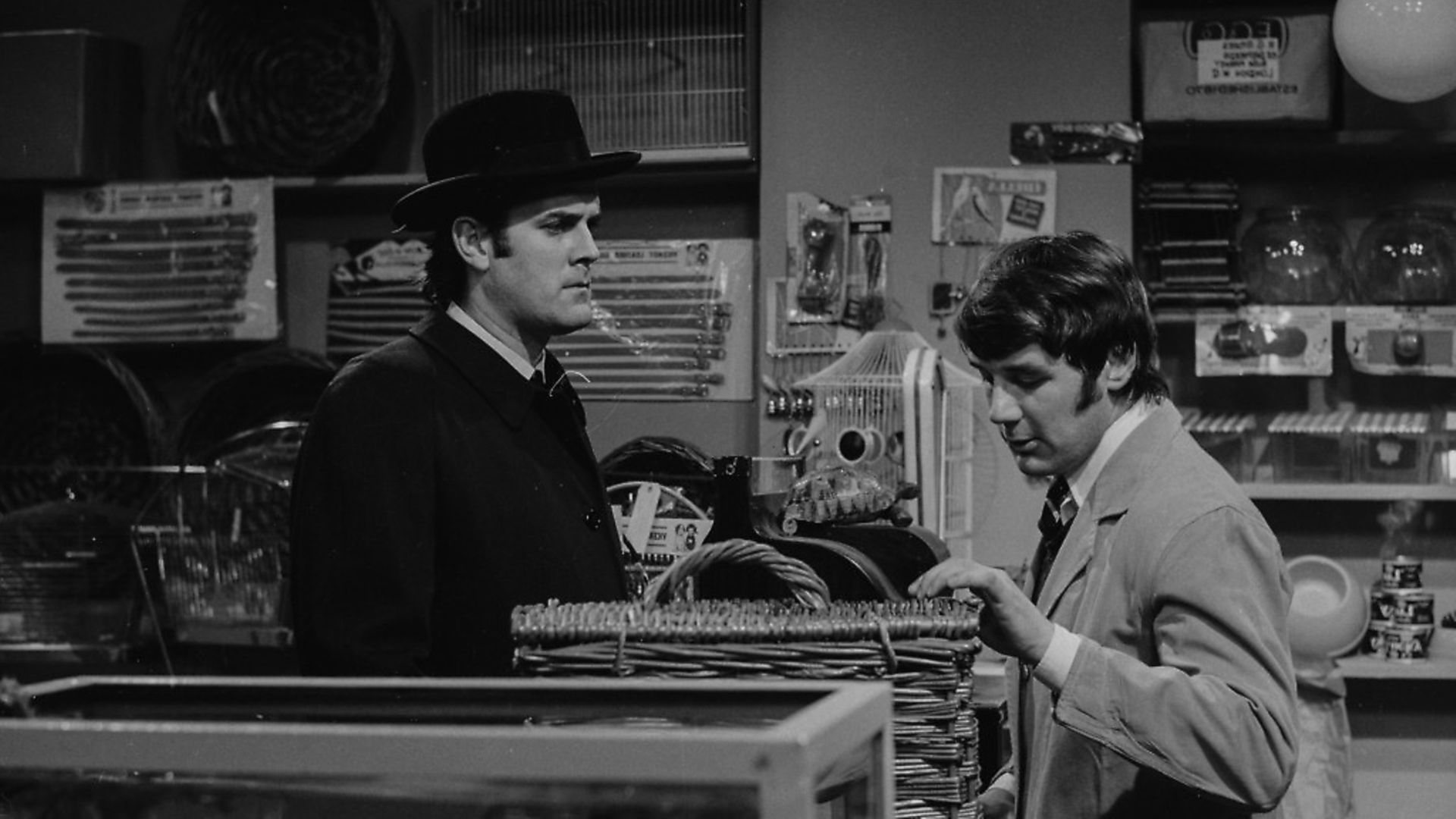
WILL SELF on his fight to hang on to humour.
Like Sigmund Freud before me, I’ve been working on a grand unified theory of humour. For Freud, laughter ensues when the repressed desires of the id are released from the unconscious by the superego, such that the ego (that’s you), clutches his or her sides and involuntarily lets out a peal of laughter. For Self (that’s me), nothing much is funny anymore – and I’ve been wondering, following Freud, whether this is because my superego has grown too repressive, or my id too impotent. Alternatively, in could be that conditions in pandemic Britain – with this week the Farceur-in-Chief resuming the cap, bells and inflated pig’s bladder of office – simply aren’t sufficiently amusing to raise a wan smile – let alone a great Johnsonian guffaw.
Another possibility is that Freud’s theory is bunkum. After all, what is this ‘unconscious’ of which he and his disciples speak – can you touch it, see it, examine it under a microscope? I think not. No, surely it’s far more likely that I don’t find anything much funny anymore because I’ve been listening to permanent adolescents of one kind or another ‘doing’ the Dead Parrot sketch since the early 1970s. That’s a lot of pining for the fjords. Indeed, my principal refinement of Freud’s theory is really to do with repetition – it isn’t so much that nothing much is funny anymore; it’s that nothing much is funny twice. ‘Wit,’ the great Oscar Wilde wisely pronounced ‘is the epitaph of an emotion.’ And who wants to officiate at the funeral of one’s own sensibility when, like some affective zombie, it rises from the dead.
I can see a number of objections to my conception of humour’s eternally unfunny recurrence – principal among them is that what’s so mirth-murdering here is not the joke (no matter how past-its-sell-by-date it may be), but the theory. If it’s a truth universally acknowledged that comedians, in daily life, are some of the least amusing people imaginable – then how much more humourless are academics who specialise in jokes? Over the years I’ve been approached by several of these types, wishing to investigate the humour in my own oeuvre, only to find them to be the dullest, most boring individuals imaginable. Presumably that’s why they were attracted to the field in the first place – just as converts to peaceful Buddhism are often the angriest people, and those to Christianity the least forgiving.
Religion is, by tradition, a funny business in and of itself – although nowadays woe betide anyone who cracks a joke in a public forum that can be perceived as having any minority whatsoever as its butt. I’m not going to claim that being able to make jokes about Buddhists and Christians – or Muslims and Jews for that matter – is a licence that guarantees the persistence of humour, but two things are worth noting. One is that we tend to laugh at markedly different things in private to the ones we do in public, whatever confession we belong to – and the second is that no humour can truly result in an explosive release of (hopefully not virion-laden) breath, unless it involves a sudden reversal. This can be the resounding defeat of our expectations, or the revelation of an unknown unknown – the proverbial black swan, soaring up out back passage – but its net effect has to be that, at least for a moment, we find ourselves in freefall, our most sacred values shattered, and our most firmly-held beliefs slipping from hilarity-greased fingers.
Freud also believed there was such a thing as tendentious humour – whereby the sudden release of tension is occasioned not by a bouléversément, but its inversion: the abrupt re-confirmation of our underlying prejudices, when we’ve been lulled into expecting their funny upending. It’s this kind of tendentious humour people refer to when they say ‘the old ones are the good ones’, and then proceed to wildly cachinnate purely on the basis that some people’s spouses have mothers, or that some other people have dark skin. To most of us it’s precisely this sort of humour that isn’t even worthy of the name – but what I venture to suggest is that it’s all too often countered not with its true opposite, which is genuine absurdity, but with another version of tendentiousness: humour that reconfirms us in our inclusive and liberal beliefs.
I said it was being around for so long that had rendered the world unfunny for me – but I suspect that since the pandemic got going, plenty of you have joined me at this end-of-the-end-of-the-pier-show. For if what makes us laugh is a crack in normality through which the true chaos that surrounds can get in then now is not the time for it. On the contrary, as at daily press briefing after press briefing, we see our destiny seemingly being determined by a government of dullards led by an erstwhile wiseacre, it’s hard not to long for a world in which the reverse is the case, and the current chaos seeps away into the dullest most pedestrian cosmos conceivable. All of which is by way of saying: they’re really dying out there. And so are we.










